15 Beginner-Friendly Ways to Start Coin Collecting on a Budget
Starting a coin collection is an exciting and rewarding hobby, but it doesn’t have to be expensive. There are plenty of ways to begin building your collection without spending a lot of money. Whether you’re interested in historical coins or modern designs, you can start small and gradually expand your collection. The key is to be resourceful and patient. You can find coins in everyday places, like your own pocket change or local markets. With a little bit of effort and curiosity, you’ll be amazed at what you can discover. In this article, we’ll explore easy and affordable ways to kickstart your coin collection without breaking the bank.
This post may contain affiliate links, which helps keep this content free. Please read our disclosure for more info.
Start With Coins from Your Own Pocket
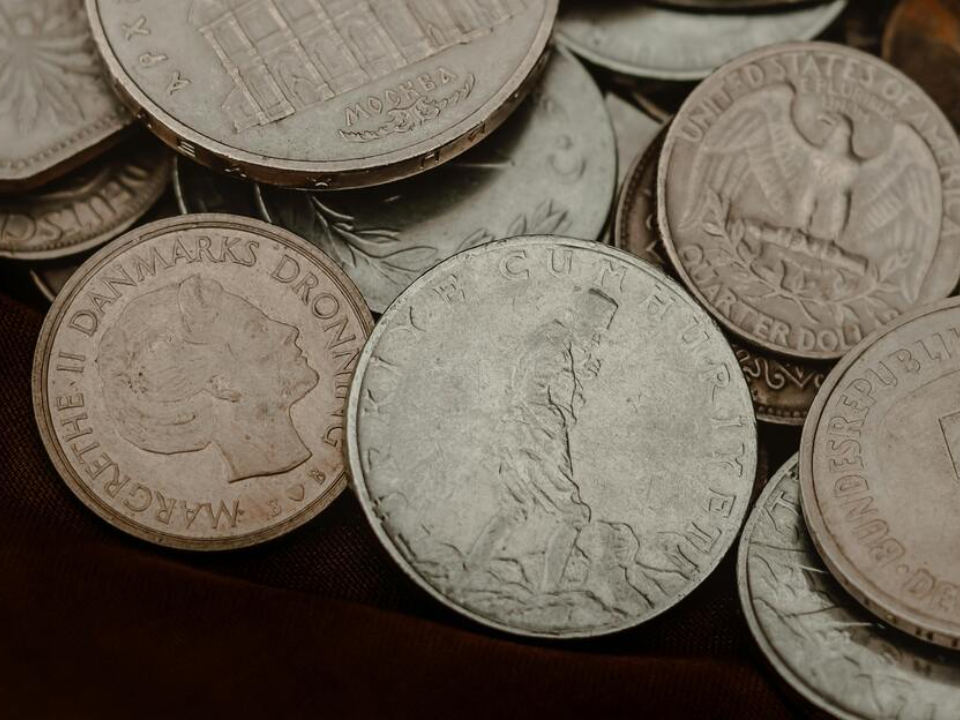
One of the easiest ways to begin is to look at the coins you already have. Everyday change can include interesting coins that many people overlook. You might find older dates, unusual mint marks, or even coins from other countries. Setting aside any coin that looks different is a good way to build a base collection.
It does not cost anything to get started this way, and you may be surprised by what you already own. Sorting your change can teach you to recognize different coins quickly. Over time, you can start to group them by country, design, or date. This helps you get familiar with patterns and builds your interest further.
Ask Family Members for Spare Change
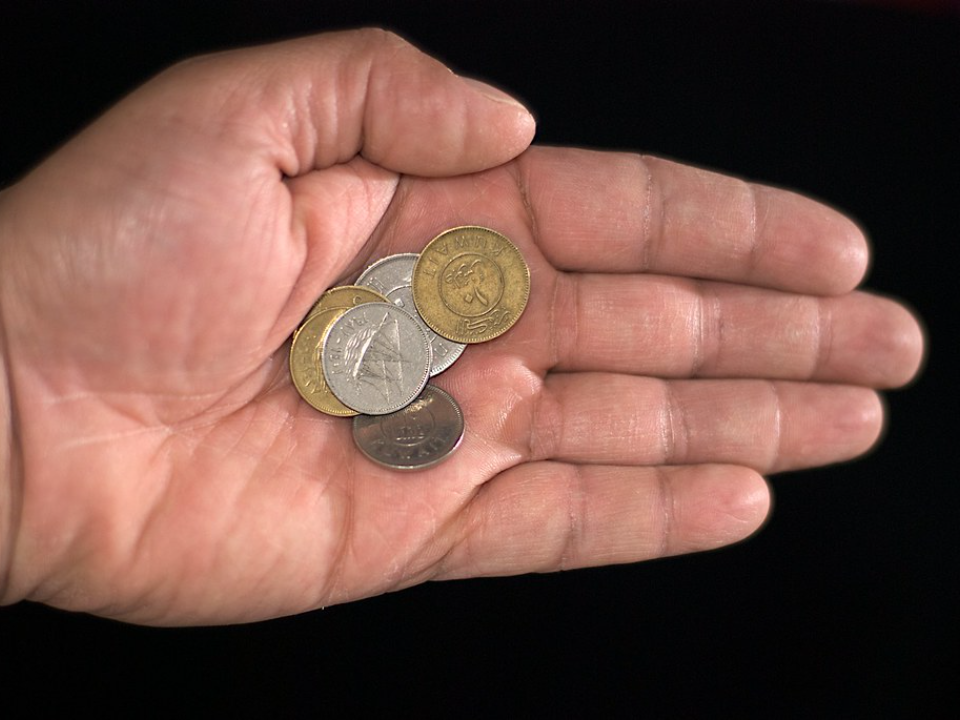
Many older relatives may have loose change they no longer use. Some of those coins may go back decades, offering more variety than today’s typical coins. Grandparents or uncles might even enjoy talking about the coins they saved. It can also become a shared hobby that connects generations.
The best part is that this approach can bring in coins at no cost. Even if the coins are common, they may have small differences worth learning about. You can ask politely and explain why you are interested. Most people are happy to help when they see your curiosity.
Visit Local Banks and Request Coin Rolls
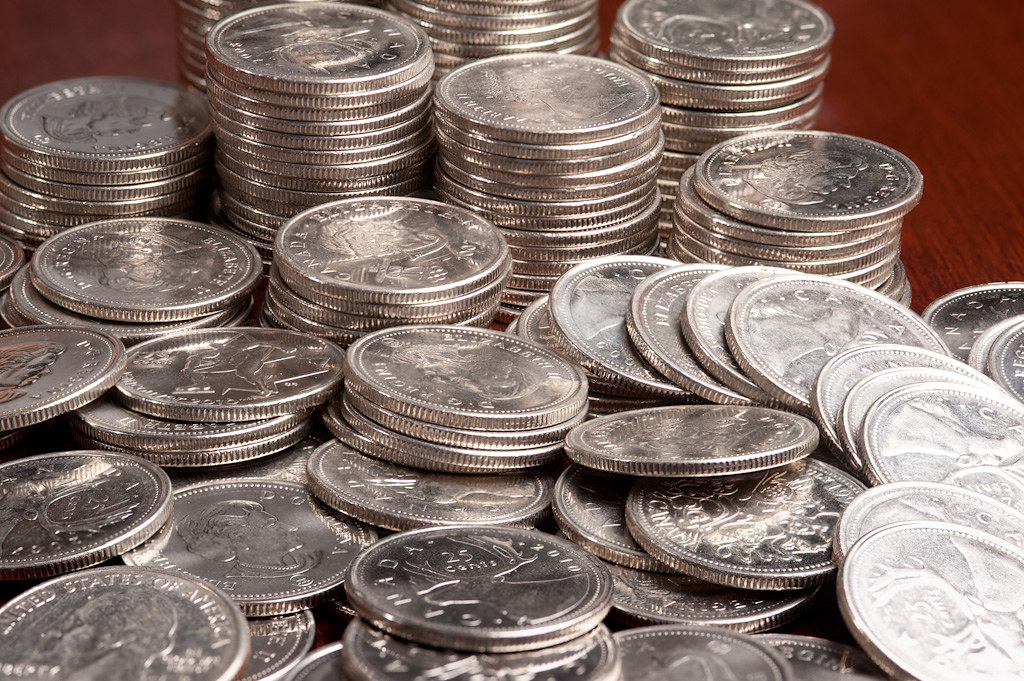
Most banks offer coin rolls, which are paper-wrapped stacks of coins that you can buy for face value. You can get penny, nickel, dime, or quarter rolls and search through them for interesting finds. It is not uncommon to find older dates, foreign coins, or ones with errors. This method is called roll hunting and is popular among collectors.
You only need to spend what the roll is worth, so you are not paying extra. If you do not find anything special, you can deposit the coins back or use them as regular change. Doing this regularly increases your chances of finding something worth keeping. It is a low-risk and low-cost way to enjoy the hobby.
Check Coinstar Reject Trays
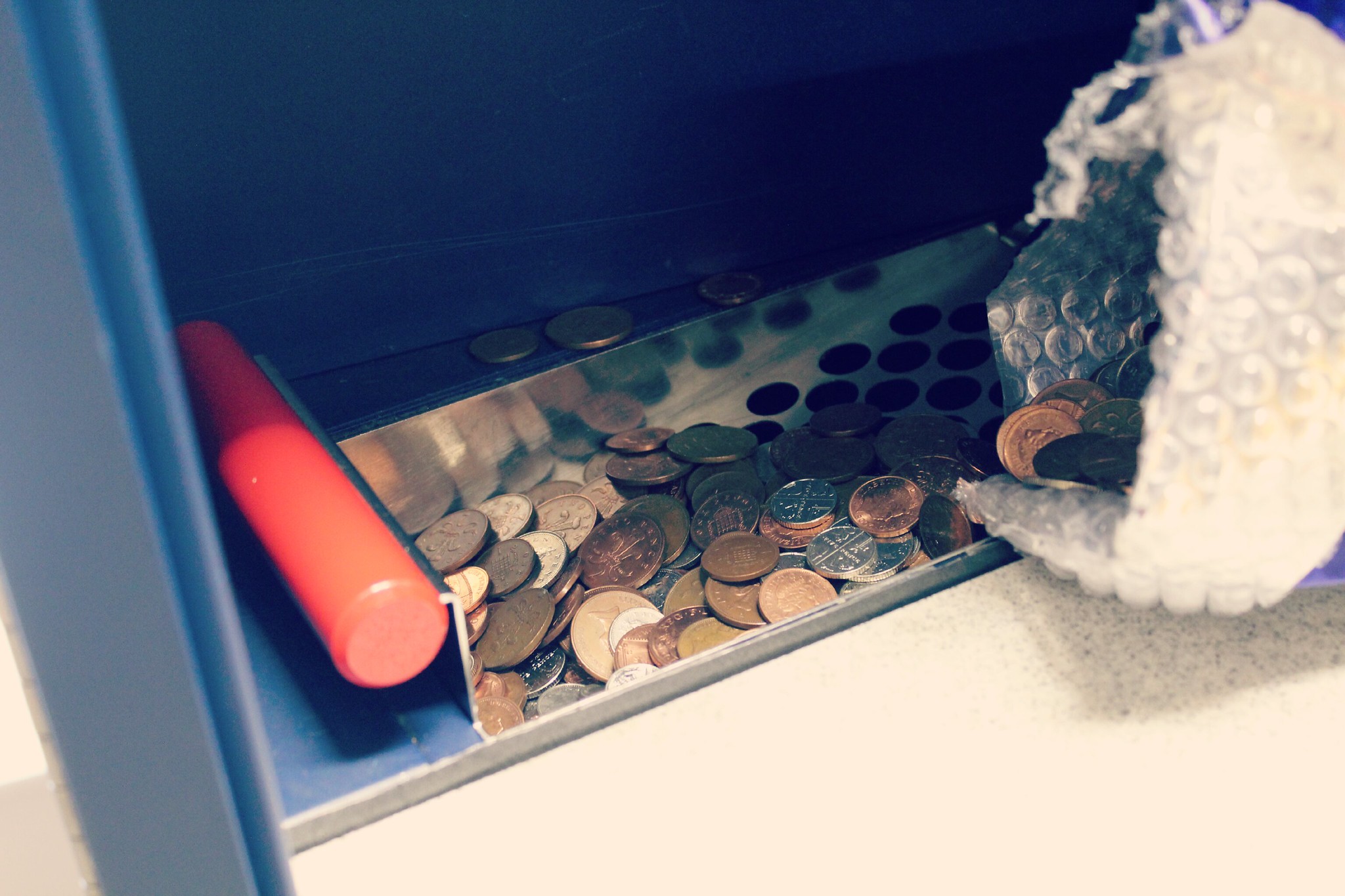
Coinstar machines often reject foreign coins or damaged ones. These rejected coins usually end up in a small tray near the bottom of the machine. Many people forget to check it, so you may find something unusual just sitting there. It only takes a second to look while you are in the store.
You do not need to pay anything for this method, which makes it appealing to beginners. Some coins may not be valuable but could still be great for learning. Over time, you will start to notice patterns in what gets rejected. This adds a small element of surprise to your collection process.
Explore Yard Sales and Flea Markets
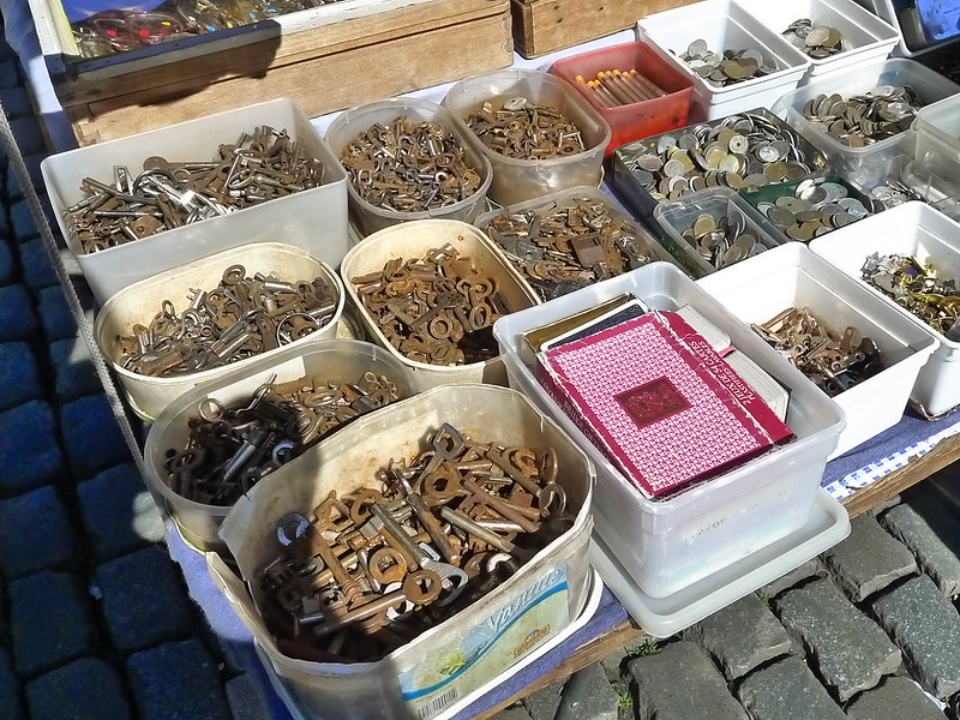
Yard sales can be excellent places to find coin lots or small albums. Many people sell inherited collections without knowing the value, which can result in good deals. Some vendors at flea markets also offer bins of loose coins at very low prices. You might be able to buy several coins for a few bills.
These places often have a wide range of coins from different years and countries. You can look through them and pick ones that catch your eye. Since you set your budget, you can control how much you spend. Always ask the seller if there is a story behind the coins, as this makes the experience more enjoyable.
Join Local Coin Collecting Clubs
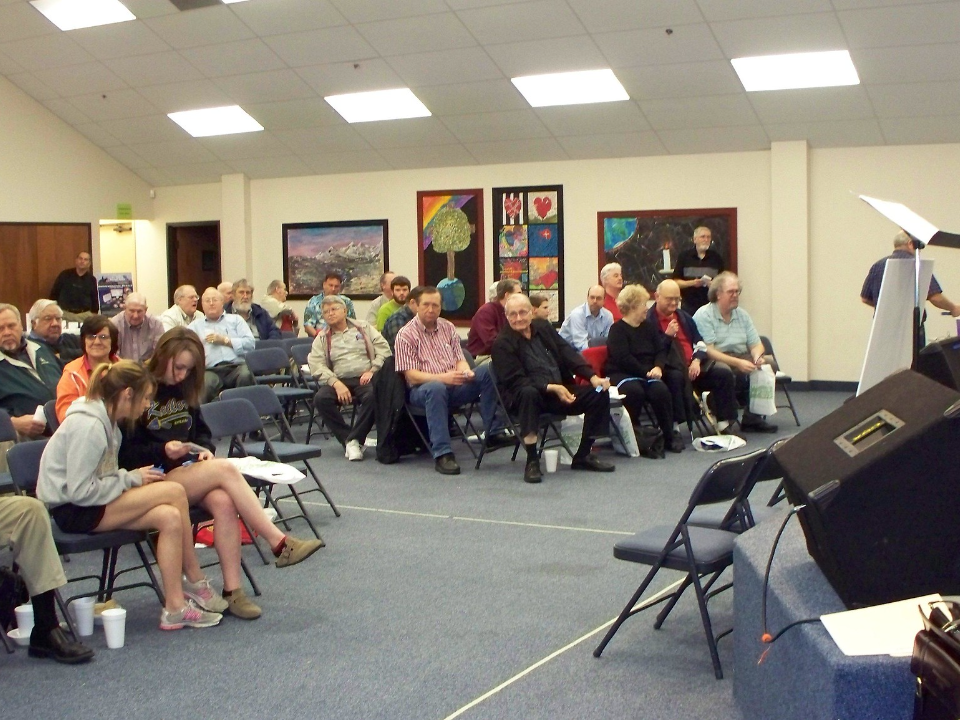
Coin clubs welcome new members and often host events, swaps, and auctions. Some members bring coins to trade or give away to beginners. It is a friendly way to meet others who enjoy the same interest. You can also learn from people who have been collecting for years.
Many clubs offer free materials, including coin folders and guides. You may even be able to win coins in raffles or games. These clubs usually meet once a month and may have guest speakers. It is a relaxed way to learn more without spending much.
Start With One Country or Theme
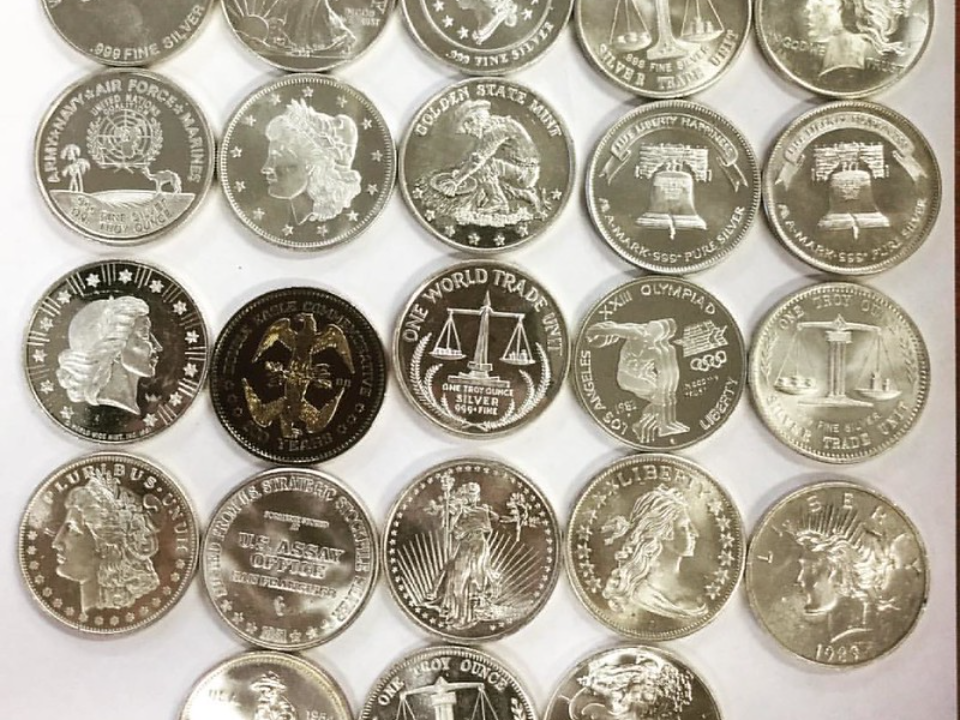
Focusing your collection on one country helps reduce the pressure to collect everything. You might begin with coins from your own country or a place you like. You can also collect coins that feature animals, buildings, or historical figures. Picking a theme helps guide your choices.
This method keeps your collection organized and easy to manage. It also makes your search more meaningful. You learn more about the designs and the stories behind them. Over time, you can expand your theme or add another.
Look for Coin Folders at Thrift Shops
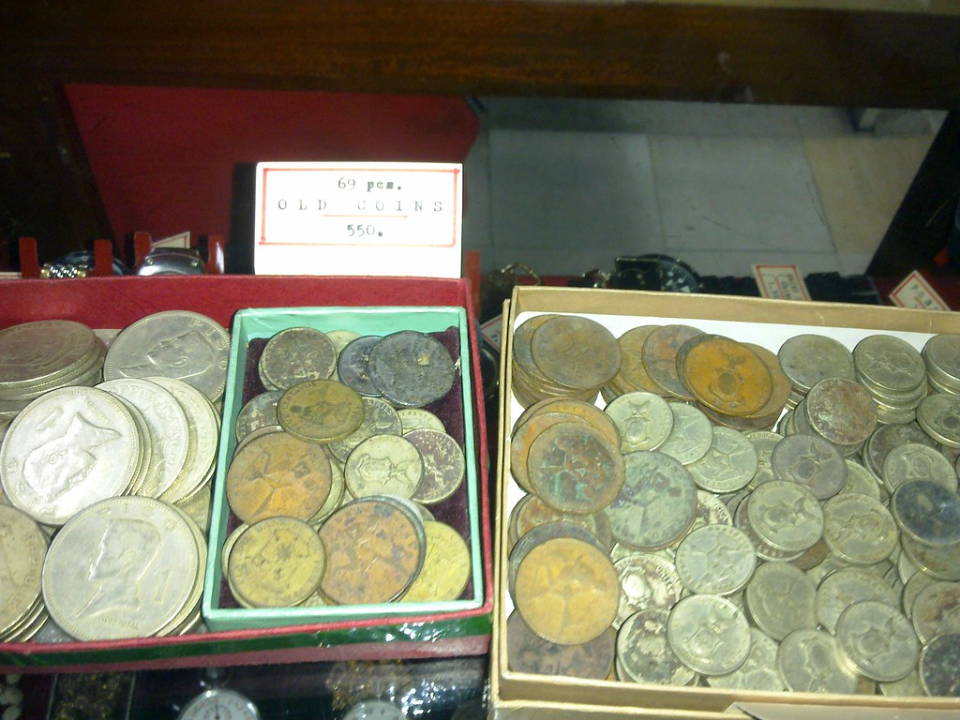
Thrift shops sometimes carry old coin folders or books. These folders can already include coins or provide a structure for your new finds. Even if they are empty, they help you stay organized and learn about the coins’ timeline. Some folders are marked by date and mint location.
Buying used folders is cheaper than getting new ones from stores. You might also find a few coins stuck inside from the previous owner. Look in the book or hobby sections, as they are often tucked away. Visiting regularly can bring new surprises.
Attend Local Estate Sales

Estate sales often include items from someone’s entire household, including their collection of coins. You may find coin jars, boxes, or albums offered at affordable prices. Some sales even bundle items, letting you get more for your budget. Always arrive early to get the best selection.
When you go, ask if there are coins available. Some might not be on display but could still be for sale. Keep your budget in mind and decide in advance what kind of coins you are looking for. This helps you make better choices and enjoy the process.
Trade with Friends or Classmates
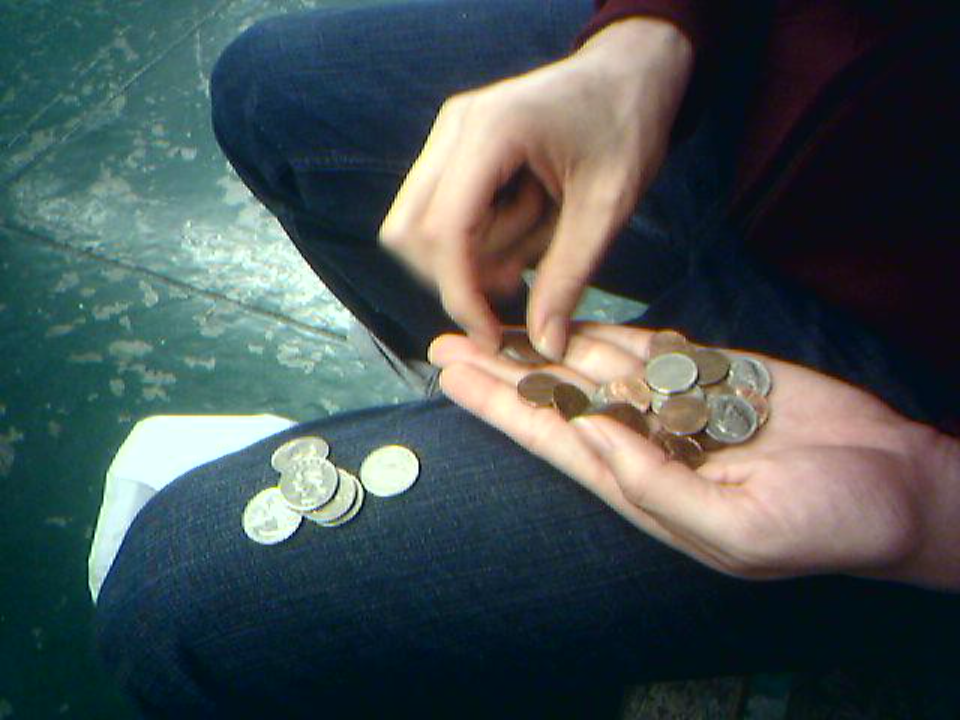
If you know someone who has coins from travels or family trips, ask if they would like to trade. Trading is a fun way to get different coins without spending anything. You might exchange duplicates or coins from different countries. This builds variety in your collection.
It is also a good way to share your interest and learn together. You can compare notes and help each other figure out mint years or coin values. Over time, these trades can grow your collection in surprising ways. It is also more personal than buying online.
Search Lost and Found or Public Spaces
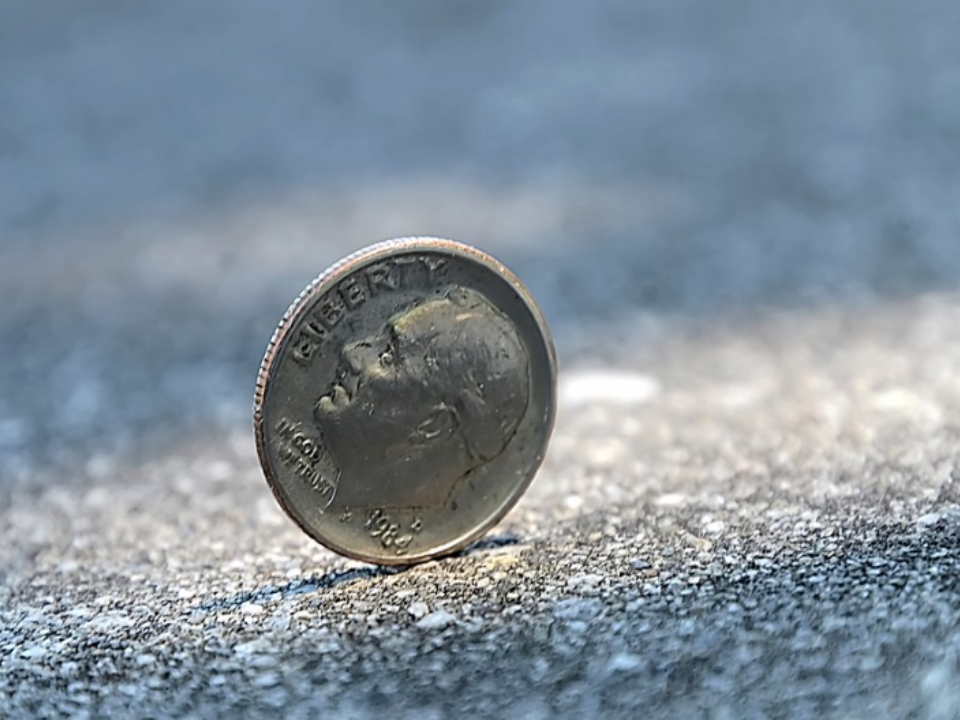
While this is less common, you can keep an eye out for coins in parking lots, sidewalks, or under seats in public places. Some people overlook coins on the ground or forget them in vending machines. Picking up a coin here and there adds to your collection for free.
Make sure to follow any local rules and stay respectful. The goal is not to search aggressively but to be observant during your day. It can become a fun habit and give you something to look forward to during errands. Over time, you may find some real surprises.
Buy Mixed Coin Lots Online
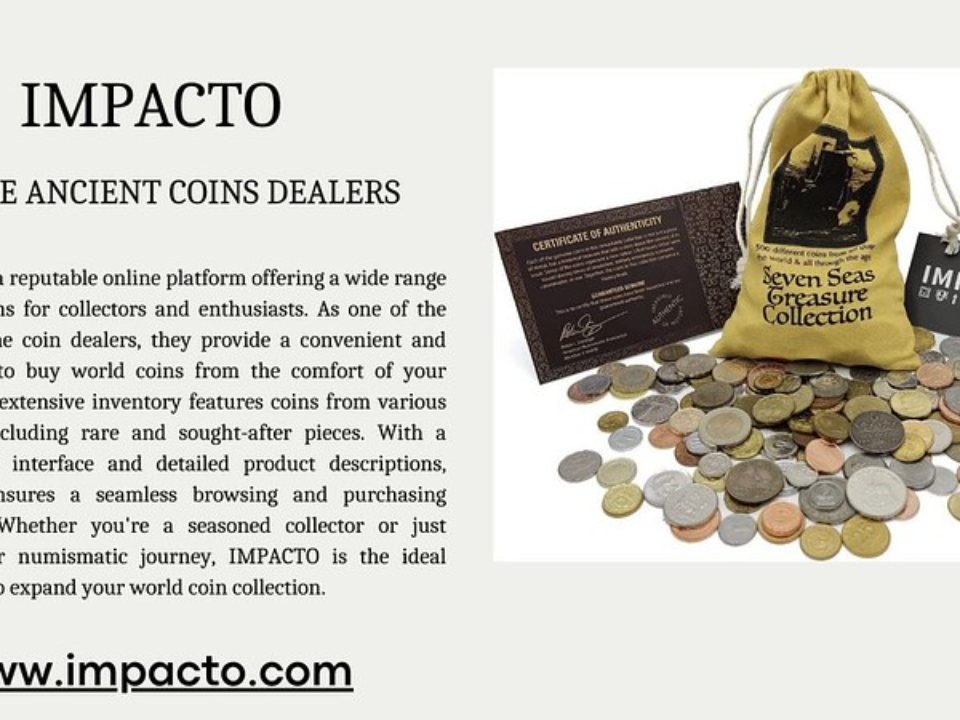
Many sellers online offer mixed lots at low prices. These usually include coins from different countries, ages, and types. You can get a small bag or a full pound of coins depending on your budget. Some lots even come with rare or unusual pieces mixed in.
This is a good way to get started with world coins or expand your existing collection. Always read the reviews and check if the seller includes sample photos. You do not need to spend a lot, especially if you focus on bulk lots rather than individual rare coins. It keeps the fun in the mystery of what you might get.
Visit Coin Shops for Budget-Friendly Items
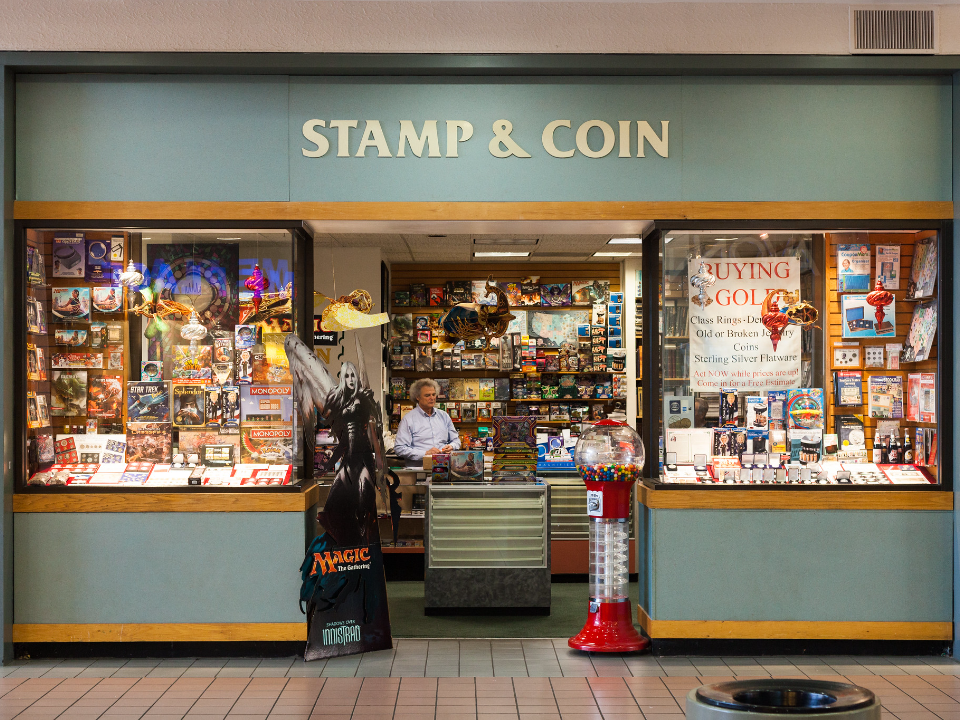
Some local coin shops offer coins at reasonable prices, especially in their bargain bins. These shops often carry coins that are not considered rare but still have historical or educational value. You might find inexpensive coins that fit your budget and help you learn about different eras or mint marks.
When shopping at a coin shop, it is helpful to know what you are looking for, but you can also ask the staff for advice. Some shops have sales or offer discounts for beginners. This can make it easier to start your collection without going over your budget. Be sure to browse their less expensive sections for affordable finds.
Use Coins as Learning Tools
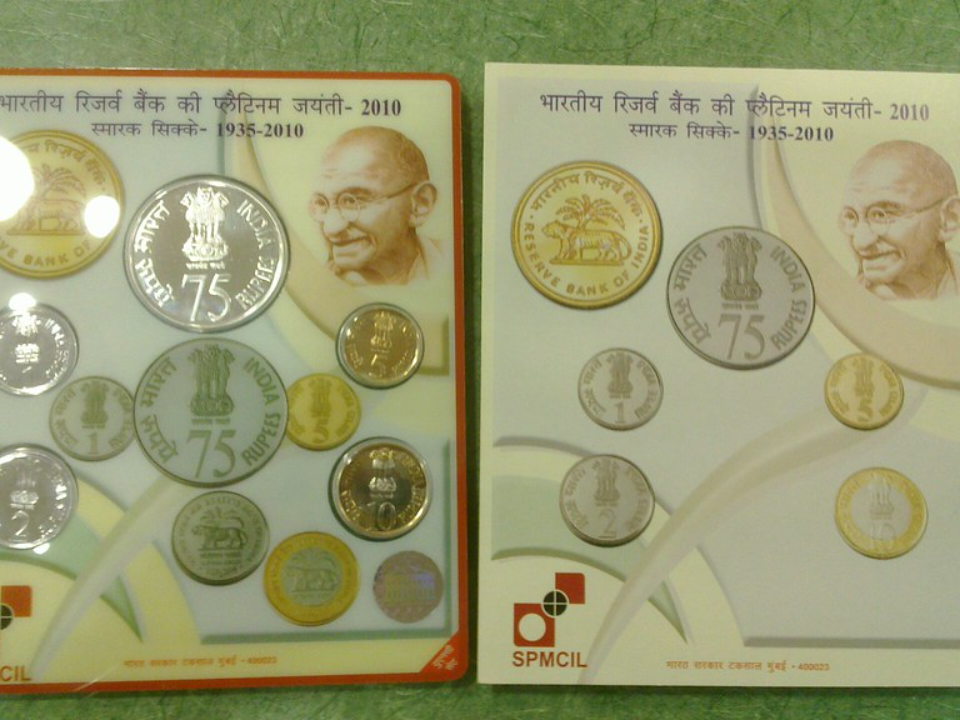
Coins are not just valuable in terms of money; they can also serve as excellent learning tools. Many countries release special editions to celebrate historical events, anniversaries, or famous figures. These coins can help you learn about global history, art, and culture.
By collecting different coins, you can explore different design techniques and understand how currency evolved over time. Coins often feature symbols of a country’s identity or pivotal moments in history. Taking the time to learn about these aspects makes the hobby educational as well as enjoyable.
Learn About Coin Grading
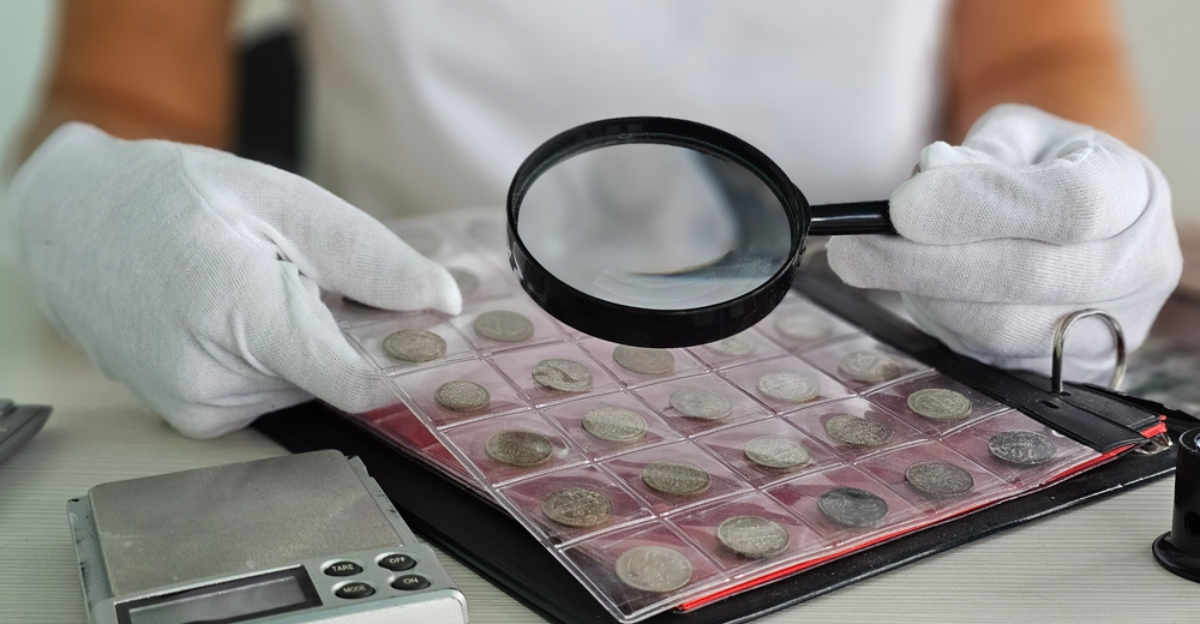
Coin grading is the practice of determining a coin’s condition and quality, which is important for both value and preservation. Learning how to grade coins will help you assess whether a coin is worth adding to your collection. There are many online resources, guides, and even courses that can help beginners with this.
Once you understand the basics of coin grading, you can make better decisions about which coins to collect. This skill will also help you avoid overpaying for a coin in poor condition. It is one of the best ways to improve the value of your collection without spending too much.
This article originally appeared on Avocadu.
